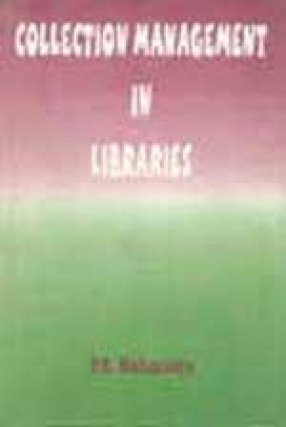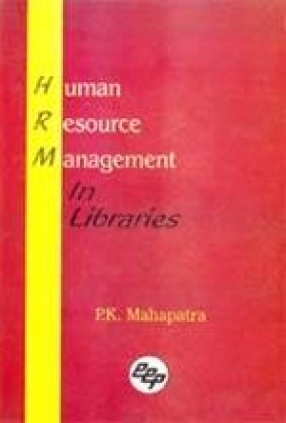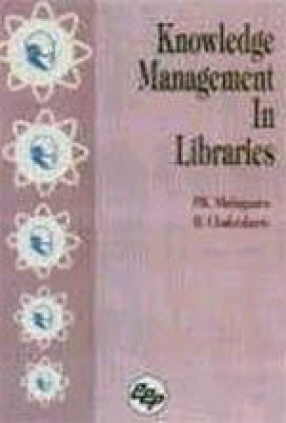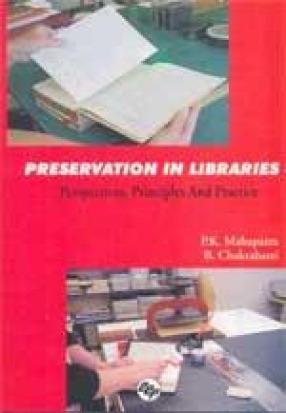
Showing all 6 books




The goose quill put an end to talk. It abolished mystery. It was the basic metaphor with which the cycle of civilisation began, the step from the dark into the light of mind. The hand that hardened the clay tablets by baking like bricks created the library. Libraries have undergone a major change in modern times. They have been experiencing technological revolution that goes welt beyond anything that has existed since the invention of printing. Not surprisingly, ...

Collection management is not just book selection, acquisition, building the collection, and even collection development. During last few decades the library situations have been affected by social, economic, cultural and academic changes, the declining financial resources, technological innovations, changing needs and requirements of the user groups and access to wider resource base. The concept of collection management has emerged to cope with the new ...

Human resource management is one of the most complex activities in any library. The library management must balance many competing forces and there is no magic formula to determine which of these forces should get priority in a given situation. Each situation brings with it unique circumstances as well as common ones. The challenge of human resource management is to be clear and objective. The management has to clarify which issues are important and should be ...

Libraries deal with the knowledge and the mission of the libraries is the knowledge management. Knowledge can be divided in two categories, tacit knowledge and explicit knowledge. Tacit knowledge is the ‘know-how’ acquired by persons. It is usually intuitive and generally demonstrated in how an individual makes accomplishment in his work, even though this knowledge is not recorded anywhere. But one of the goals of the knowledge management is to make tacit ...

From the preface: "Libraries or as we say library services are equated with information services. Information like entertainment, is something someone else can provide us. It really is a service. If we expect to be entertained, we also like to be informed. But we cannot be knowledged. Each of us must acquire knowledge for ourself. Knowledge comes from within. It comes from the free mind foraging in the rich pastures of the whole-every where-past. The ...

Books, millions of books, are falling apart. A great deal has been written about information explosion and its impact on libraries. Nevertheless, all libraries face difficult challenge of having to choose from the voluminous publishing output both today’s and yesterday’s—which materials to purchase and preserve. The maintenance and care of the physical collection naturally extend the selection criteria to new works to decision on older works in the ...
